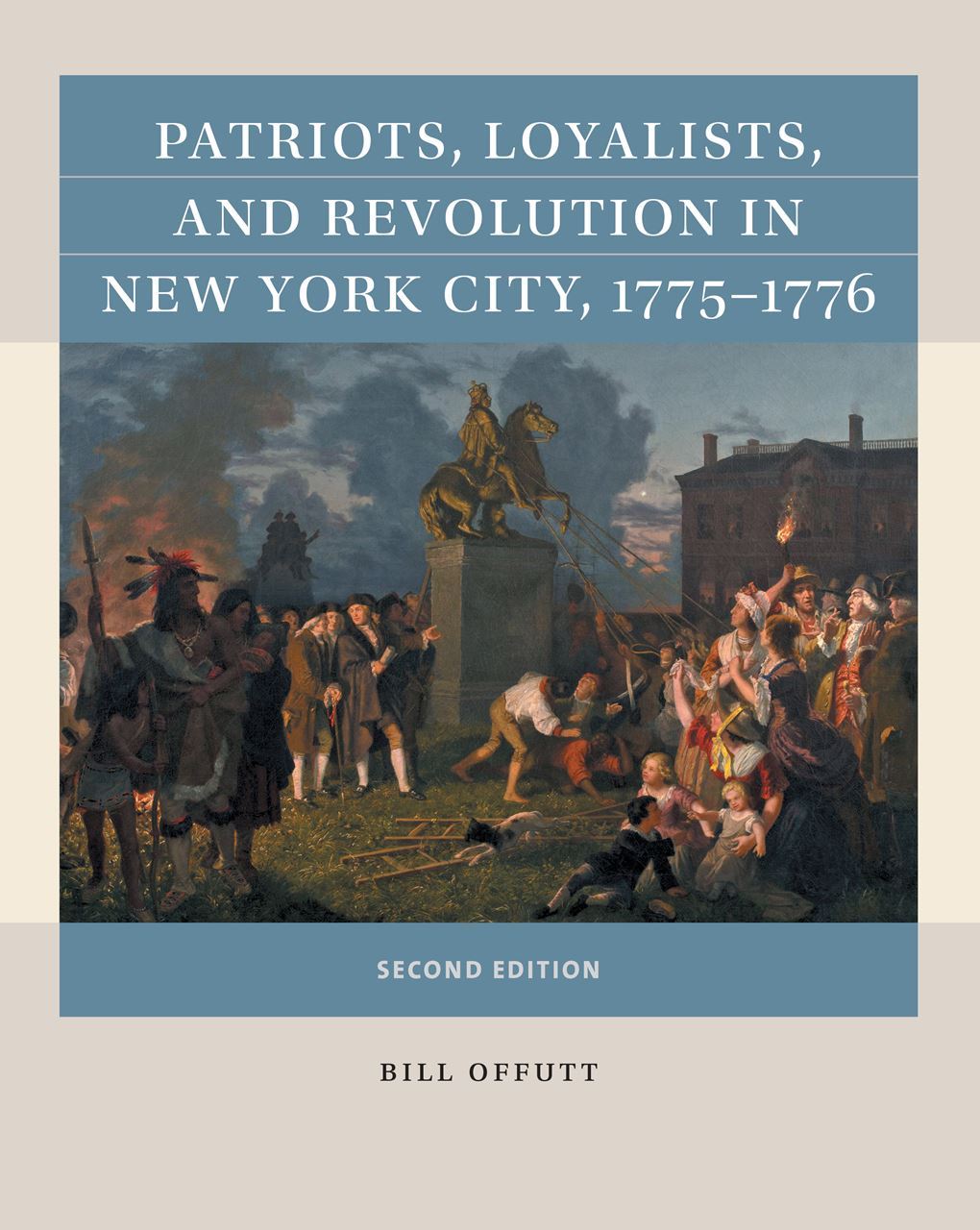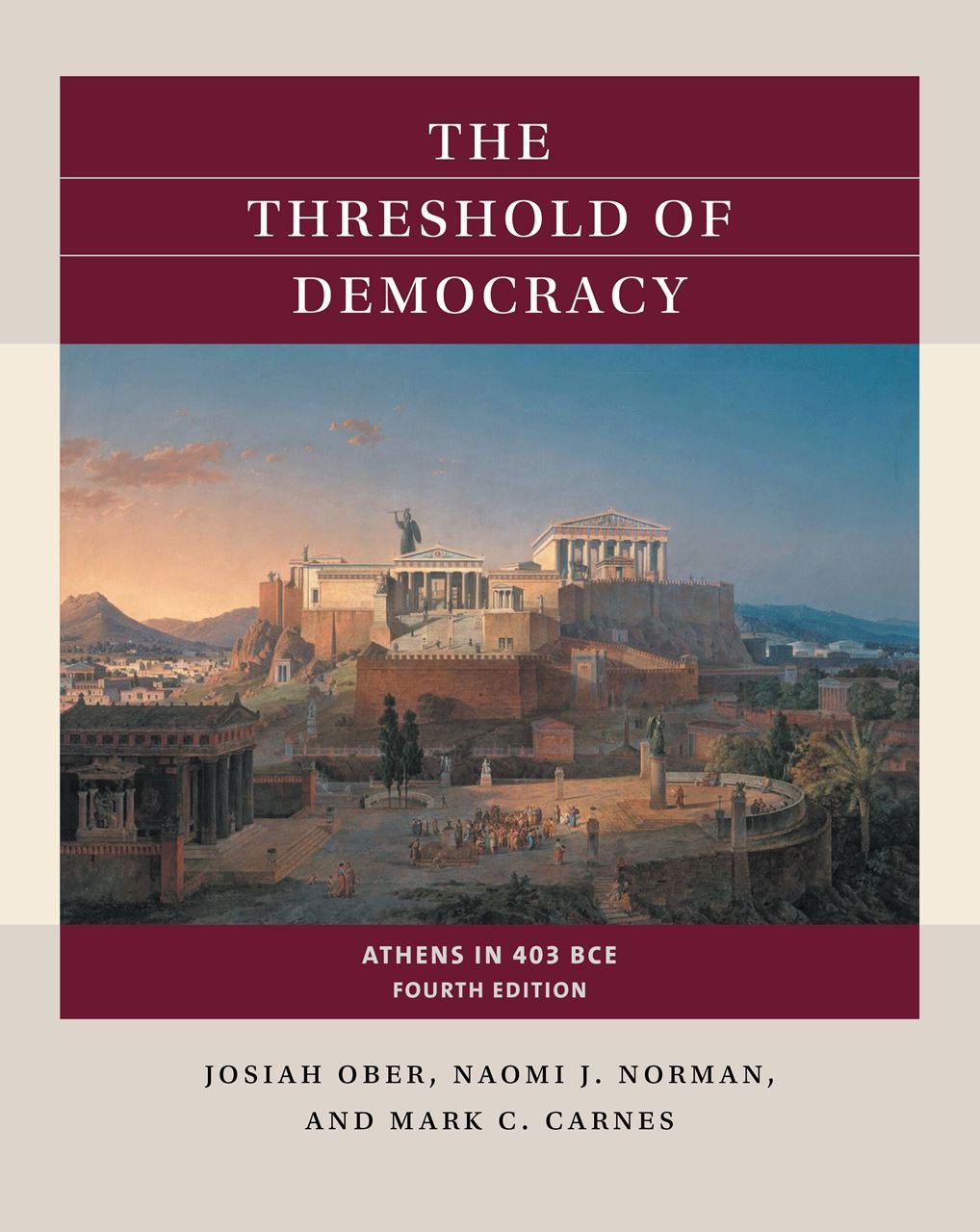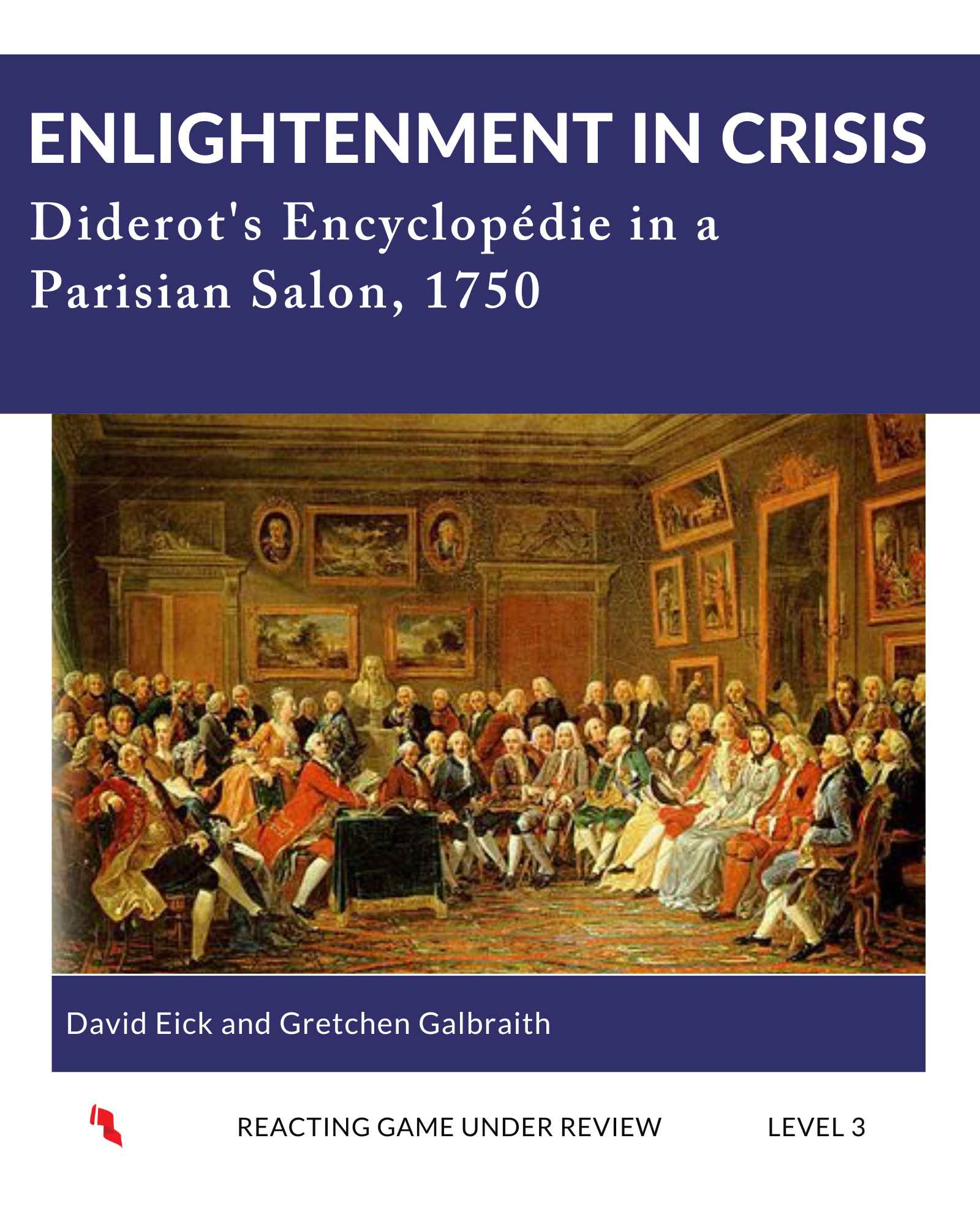Revolution, counter-revolution, or reform in France. Rousseau, Burke, and Revolution in France, 1791 plunges students into the intellectual, political, and ideological currents that surged through revolutionary Paris in the summer of 1791. Students are leaders of major factions within the National Assembly (and in the streets outside) as it struggles to create a constitution amidst internal chaos and threats of foreign invasion. Will the king retain power? Will the priests of the Catholic Church obey the “general will” of the National Assembly or the dictates of the pope in Rome? Do traditional institutions and values constitute restraints on freedom and individual dignity or are they its essential bulwarks? Are slaves, women, and Jews entitled to the “rights of man”? Is violence a legitimate means of changing society or of purging it of dangerous enemies? In wrestling with these issues, students consult Jean-Jacques Rousseau’s Social Contract and Edmund Burke’s Reflections on the Revolution in France, among other texts. |
Details
|
Using the Game
Class Time
For Modern Europe: You can adjust the assignments based on the desired learning outcomes of your class. Ordinarily, all roles are required to give formal speeches. In addition, factions work together to write and publish newspapers. Class Size and Scalability This game is recommended for classes with 7-41 students. |
 GAME MATERIALS
GAME MATERIALS
Reacting Consortium members can access all downloadable materials (including expanded and updated materials) below. You will be asked to sign in before downloading. Basic game materials (Gamebook, Role Sheets, Instructor's Guide, and Handouts) are available to any instructor through the publisher.
Gamebook Students need a Gamebook, which includes directions, resources, and historical content. The French Revolution Gamebook is published by UNC Press. ISBN: 978-1-4696-7074-4 | Role Sheets and Add'l Materials Students also need a Role Sheet, which contains biographical information, role-specific resources or assignments, and their character's secret victory objectives. .zip file of .pdf files.
.zip file of .pdf, .doc, and .docx files.
| Instructor's Guide The Instructor's Guide includes guidance for assigning roles, presenting historical context, assignments, activities and discussion topics, and more.
Second edition. Updated 2015. .docx file.
|
Additional Resources
-
 Using French Revolution Online
$10.00$0.00 - Member price
Using French Revolution Online
$10.00$0.00 - Member price
Forums for French Revolution
Please note that these forums are in a beta phase and that functionality may be limited. Game authors have discretion when deciding what community materials can be publicized on the Reacting website.
Jennifer Popiel
Jennifer Popiel is Associate Professor of History at Saint Louis University. She is the award-winning author of Rousseau's Daughters: Domesticity, Education, and Autonomy in Modern France as well as a Fulbright Research Scholar and past President of the Western Society for French History. She recently recorded From Spinning Wheel to Steam and Steel: Understanding the Age of Industrialization with Modern Scholar recorded books. As an intellectual historian of the eighteenth and nineteenth centuries, her research has explored women's history, childhood, education, and individuality in the modern world. Her current work examines French Catholics such as Rose Philippine Duchesne to investigate the intersection of vocation, spirituality, and public activism. |
Gary Kates is professor of history at Pomona College. He is the author of The Cercle Social, the Girondins, and the French Revolution and the editor of The French Revolution: Recent Debates and New Controversies. He has served on the editorial board of French Historical Studies. In 1995 the Knight-Ridder News Service named his Monsieur d’Eon Is a Woman: A Tale of Sexual Masquerade and Political Intrigue as one of the top nonfiction books of that year. |
Mark C. Carnes is professor of history at Barnard College and creator of Reacting to the Past. He is the author of many books in American history and general editor of the 26-volume American National Biography, published by the ACLS and Oxford University Press. | Reacting and Related Titles
|
Members can contact game authors directly if they have questions about using the game. We also invite instructors join our Facebook Faculty Lounge, where you'll find a wonderful community eager to help and answer questions.
|
|
|





